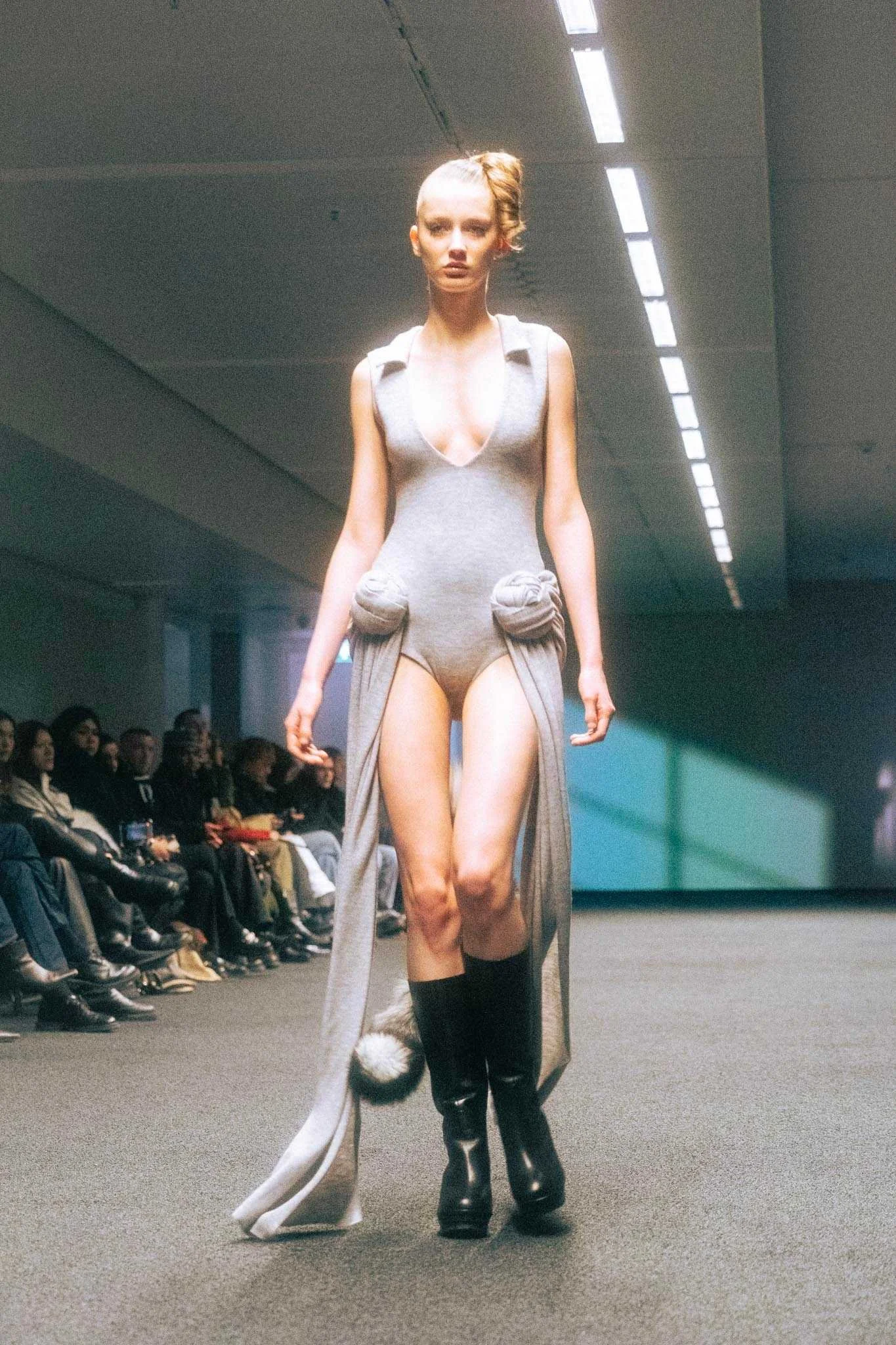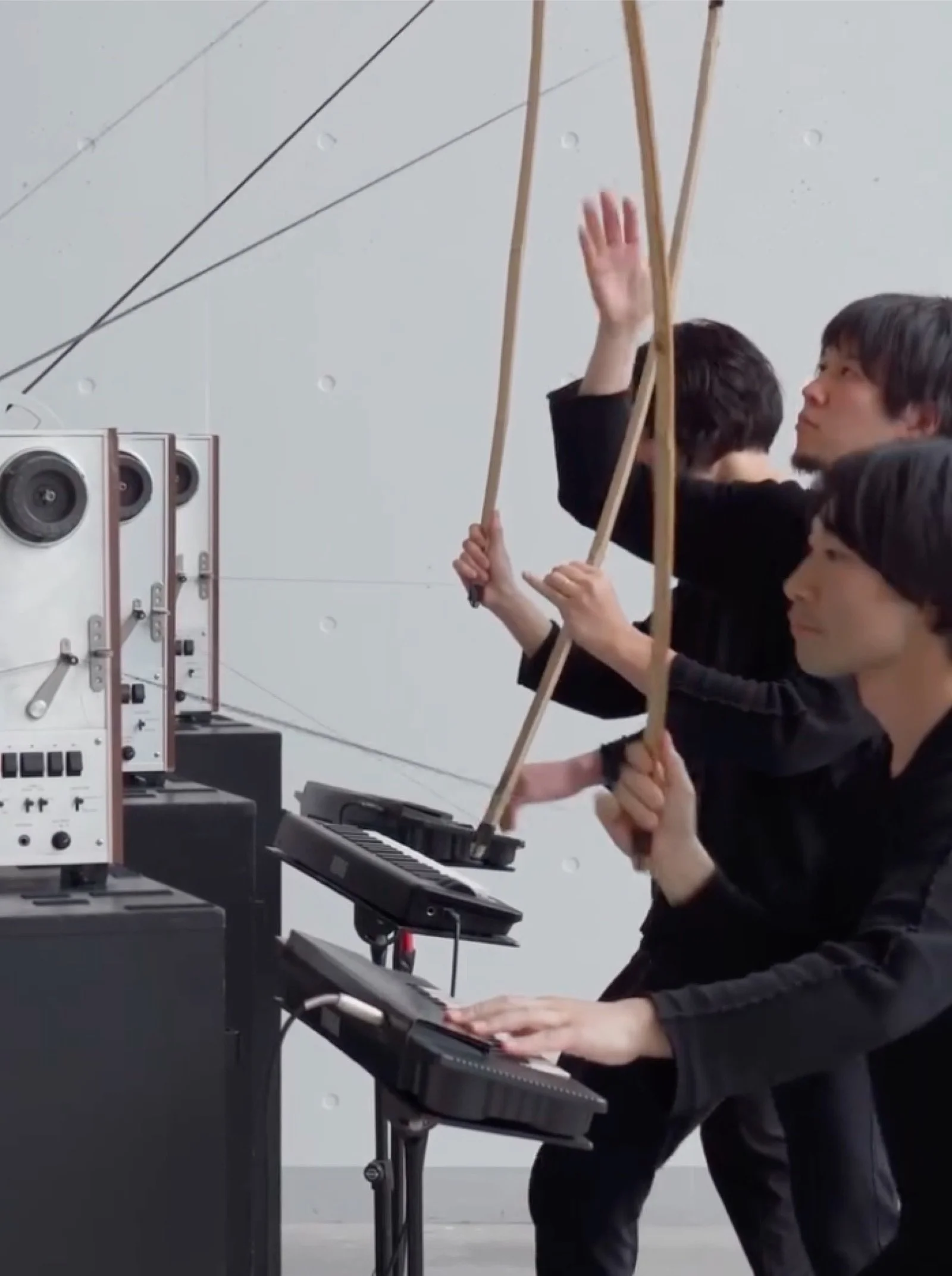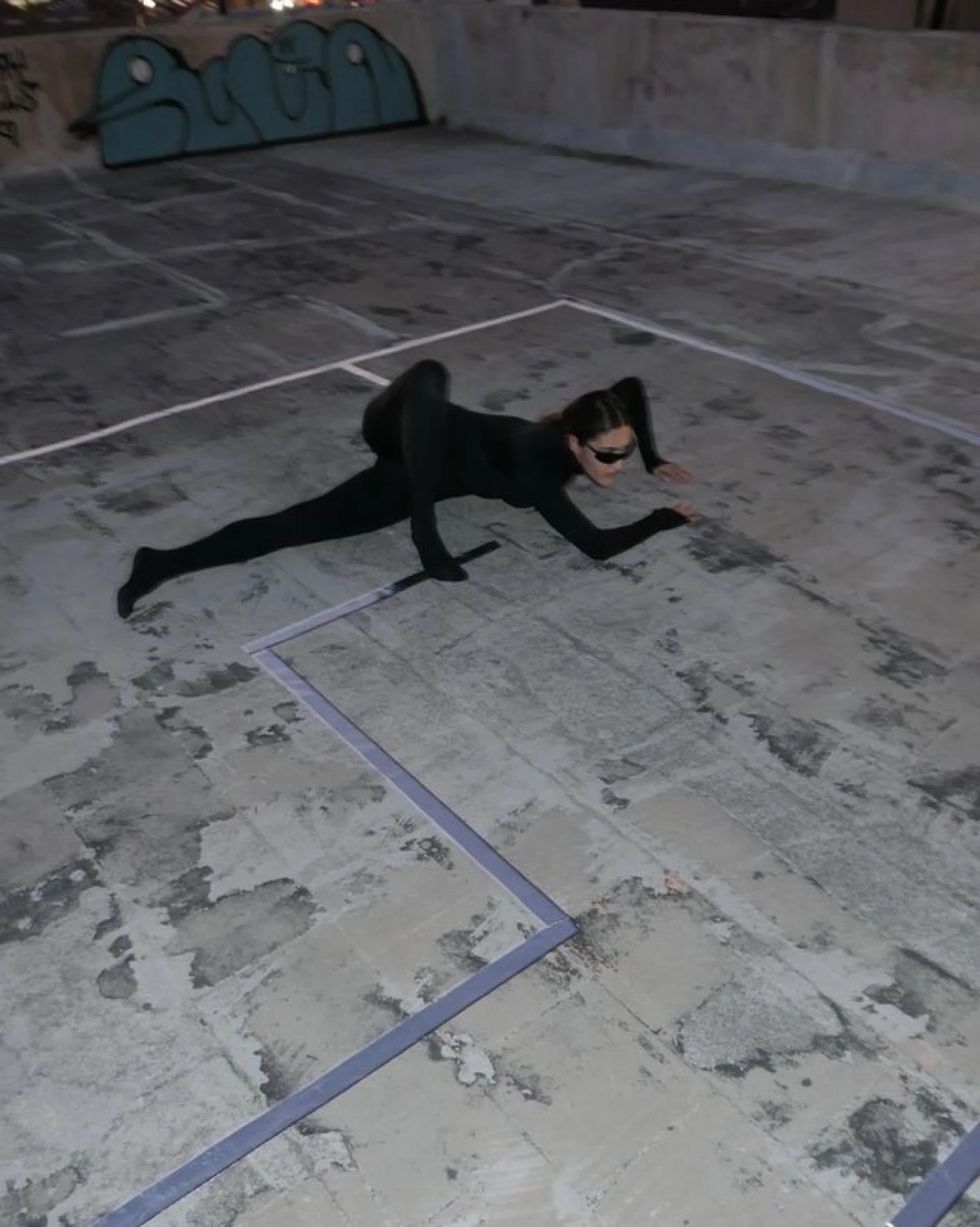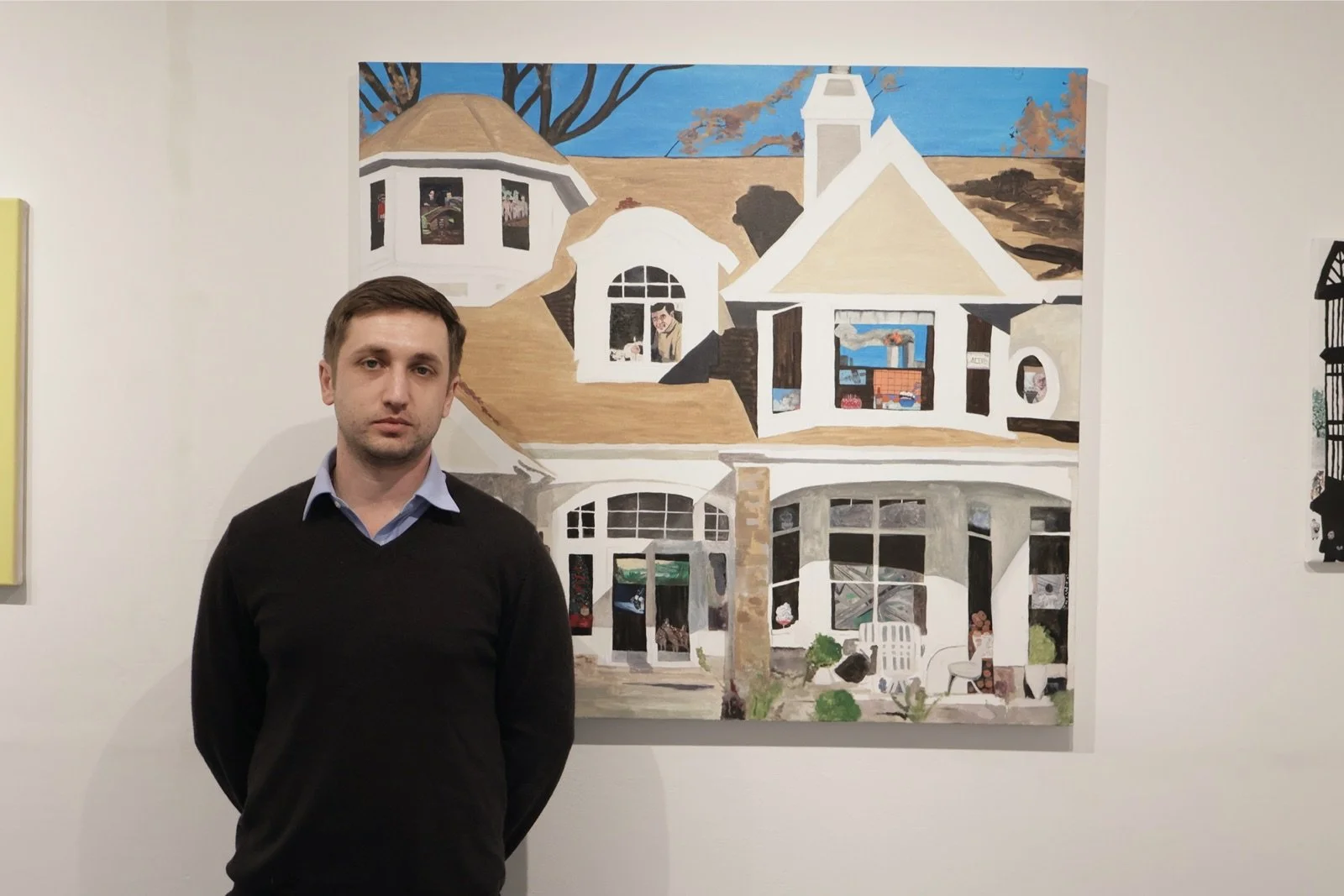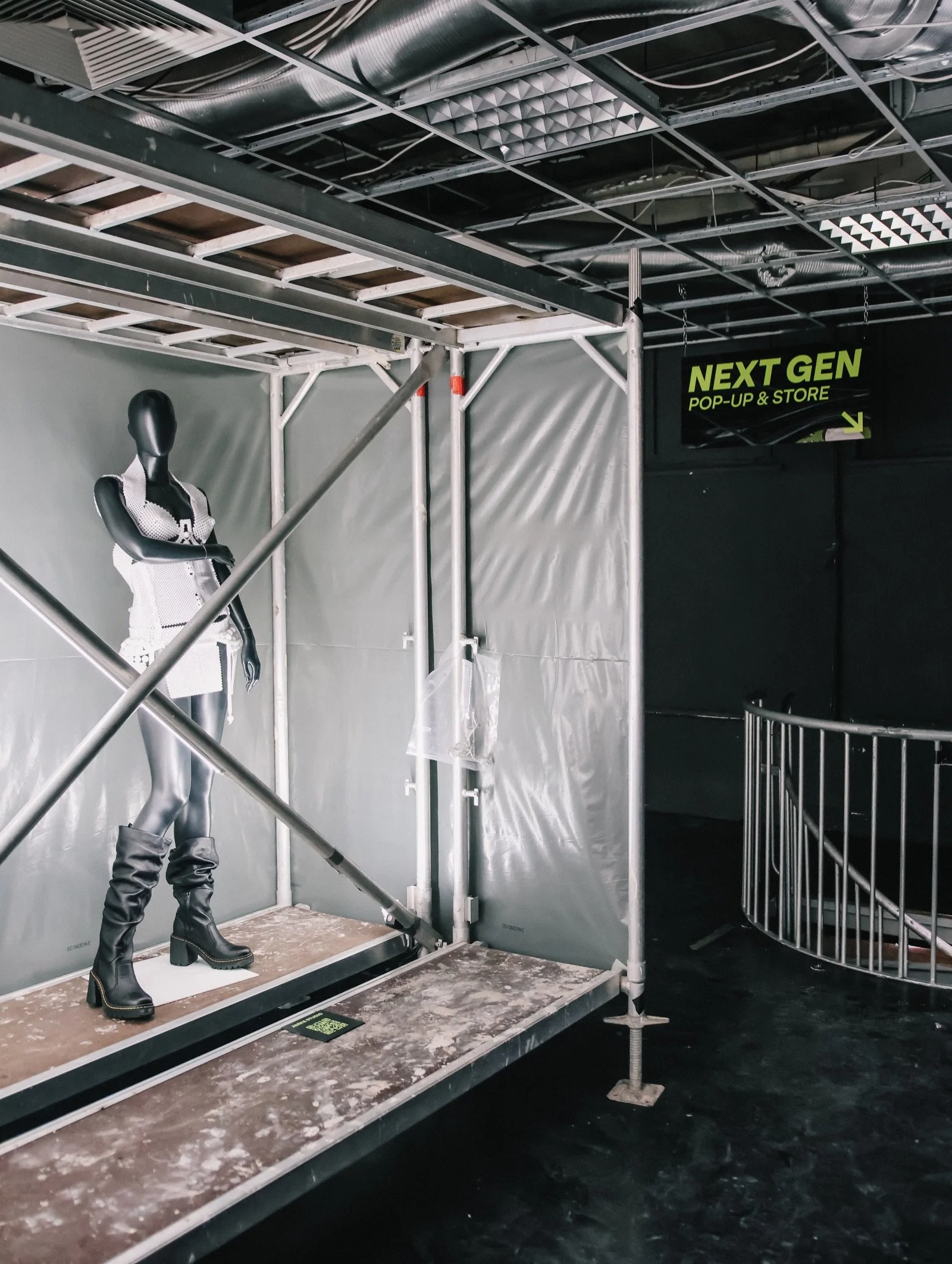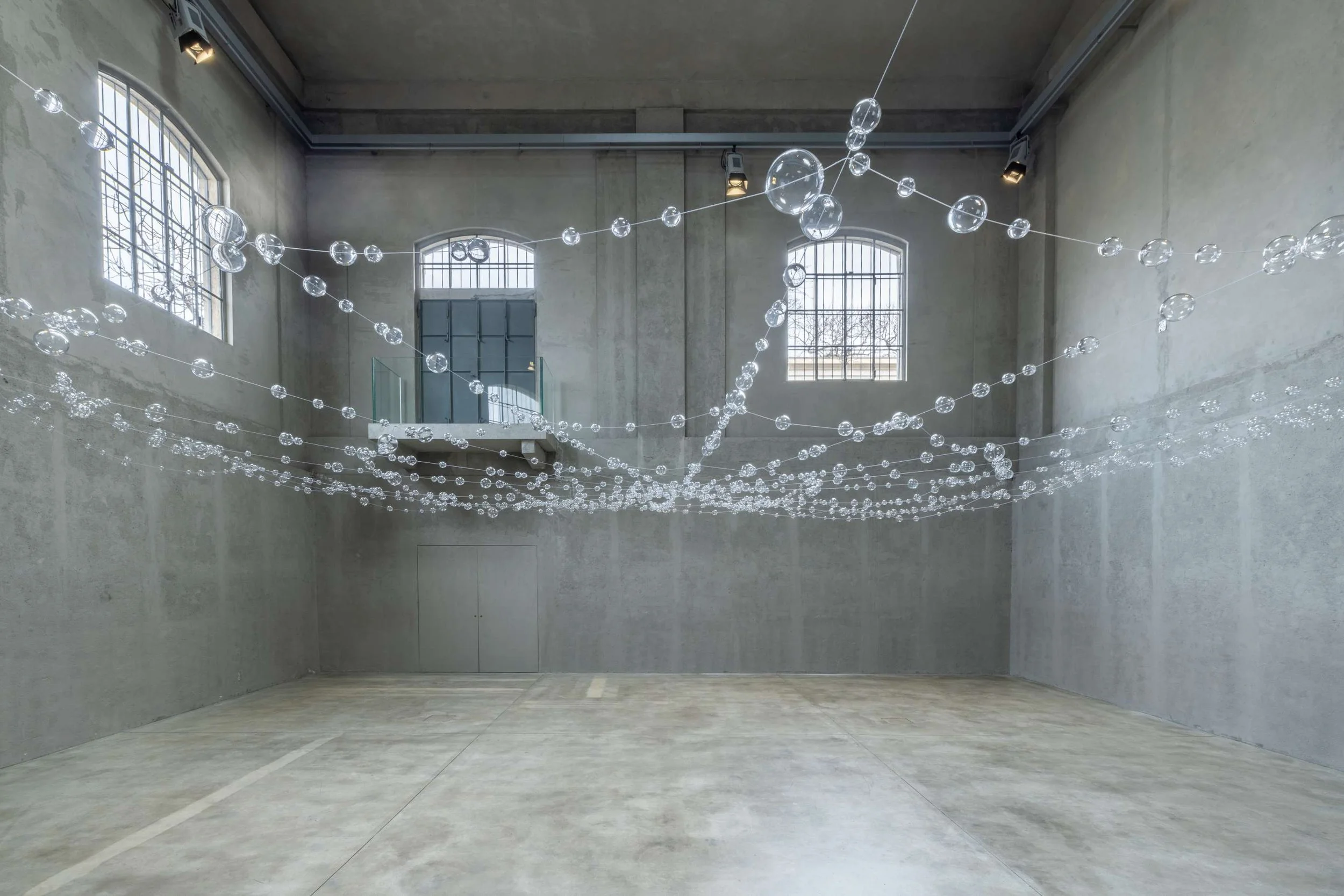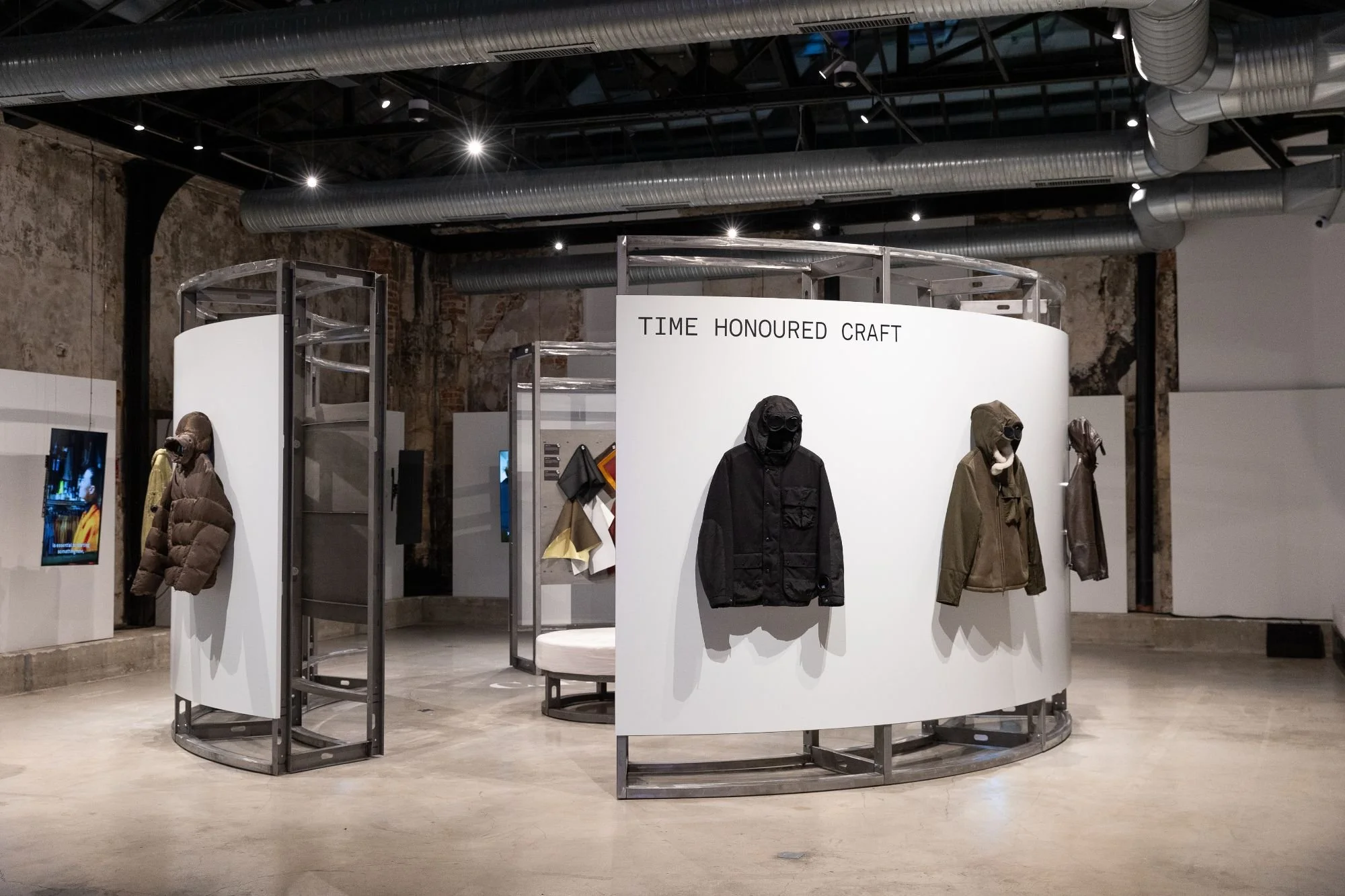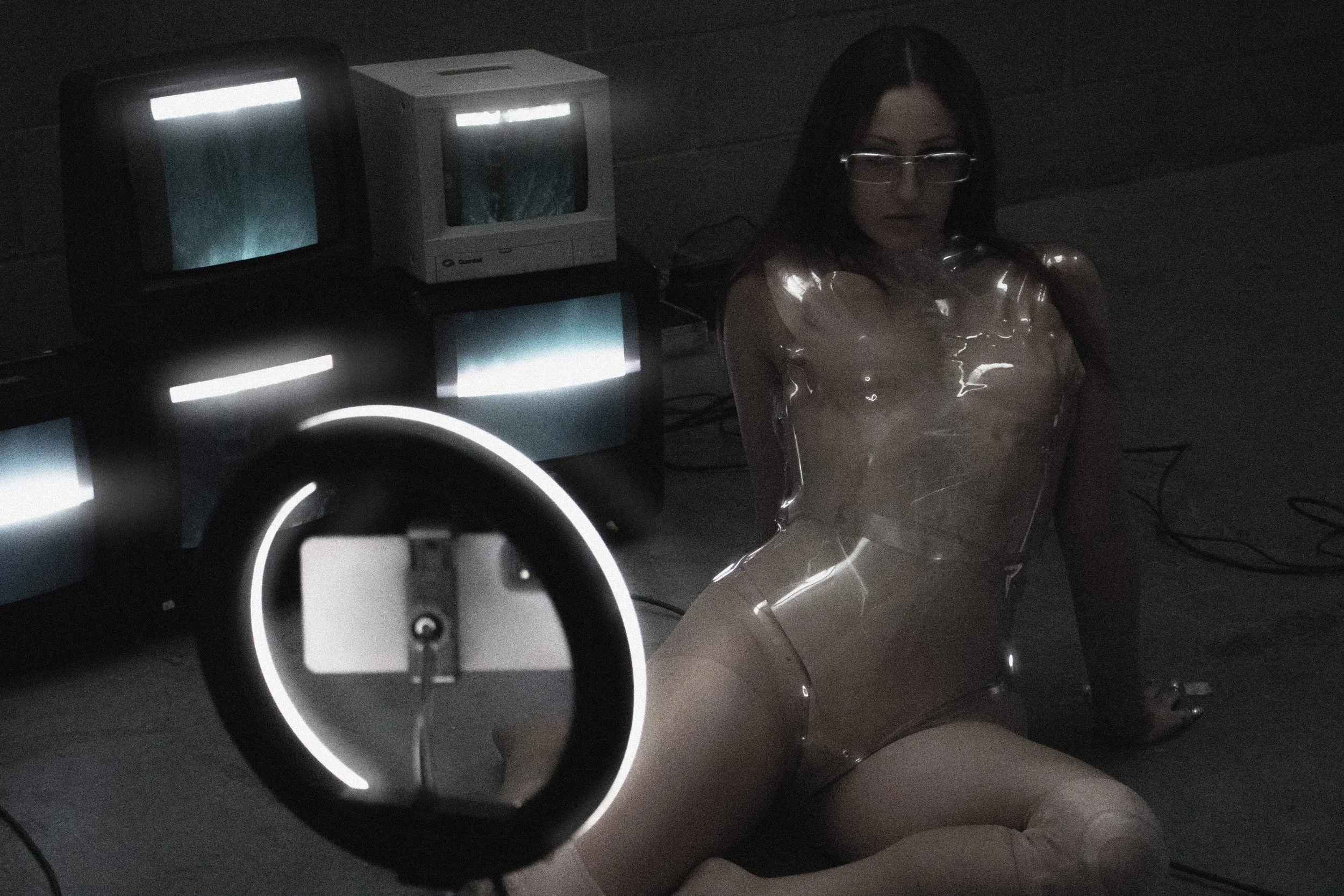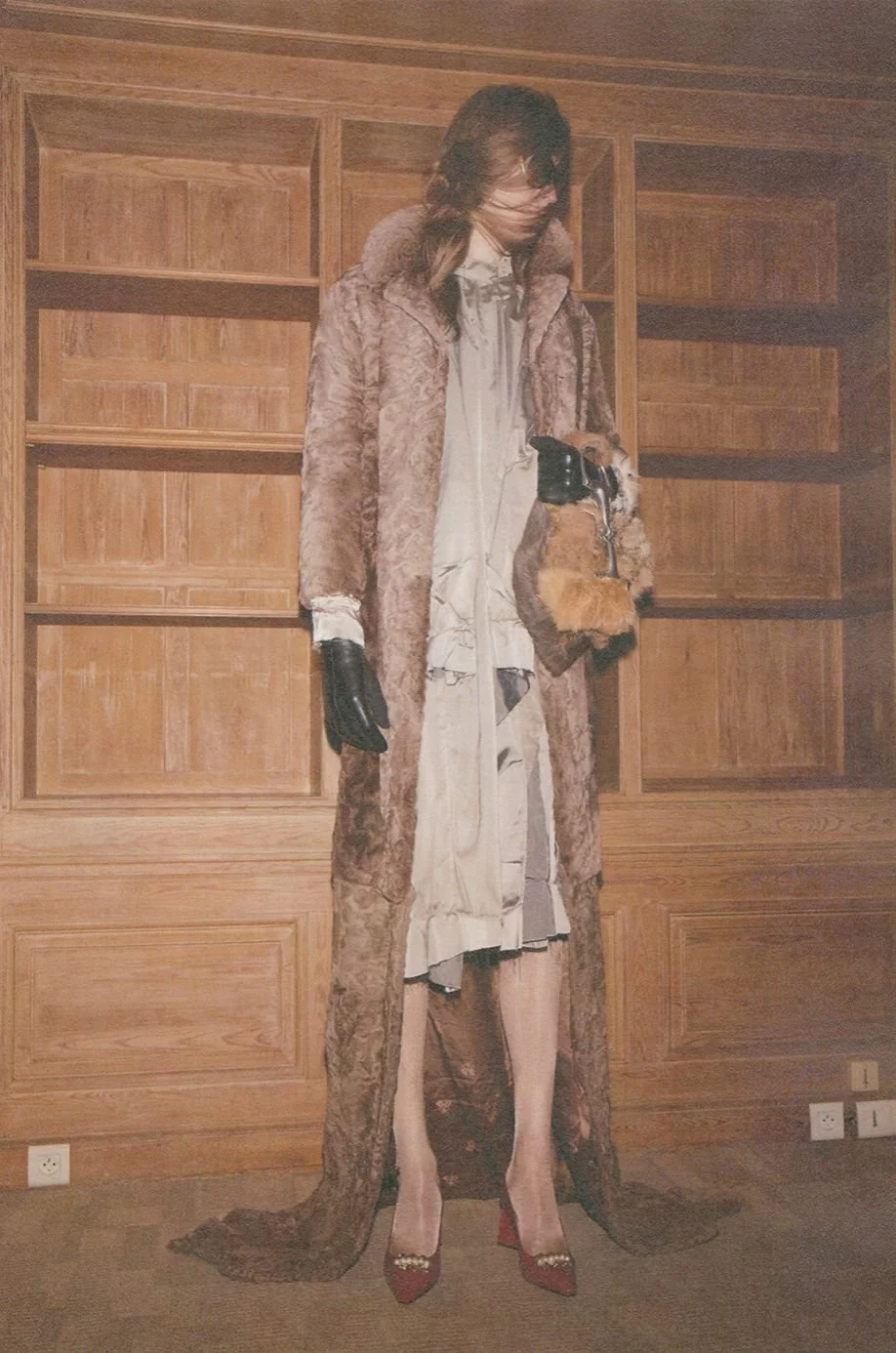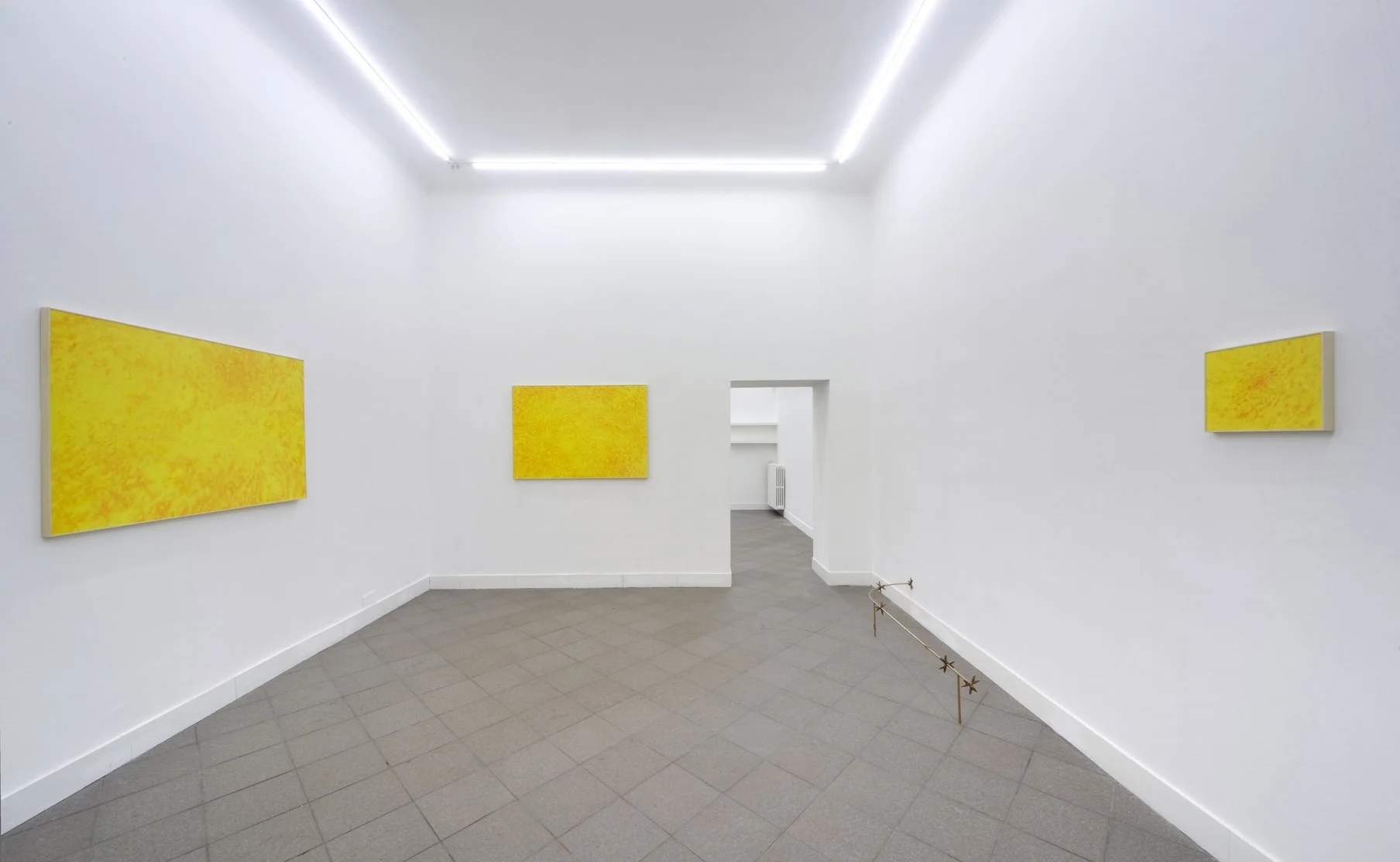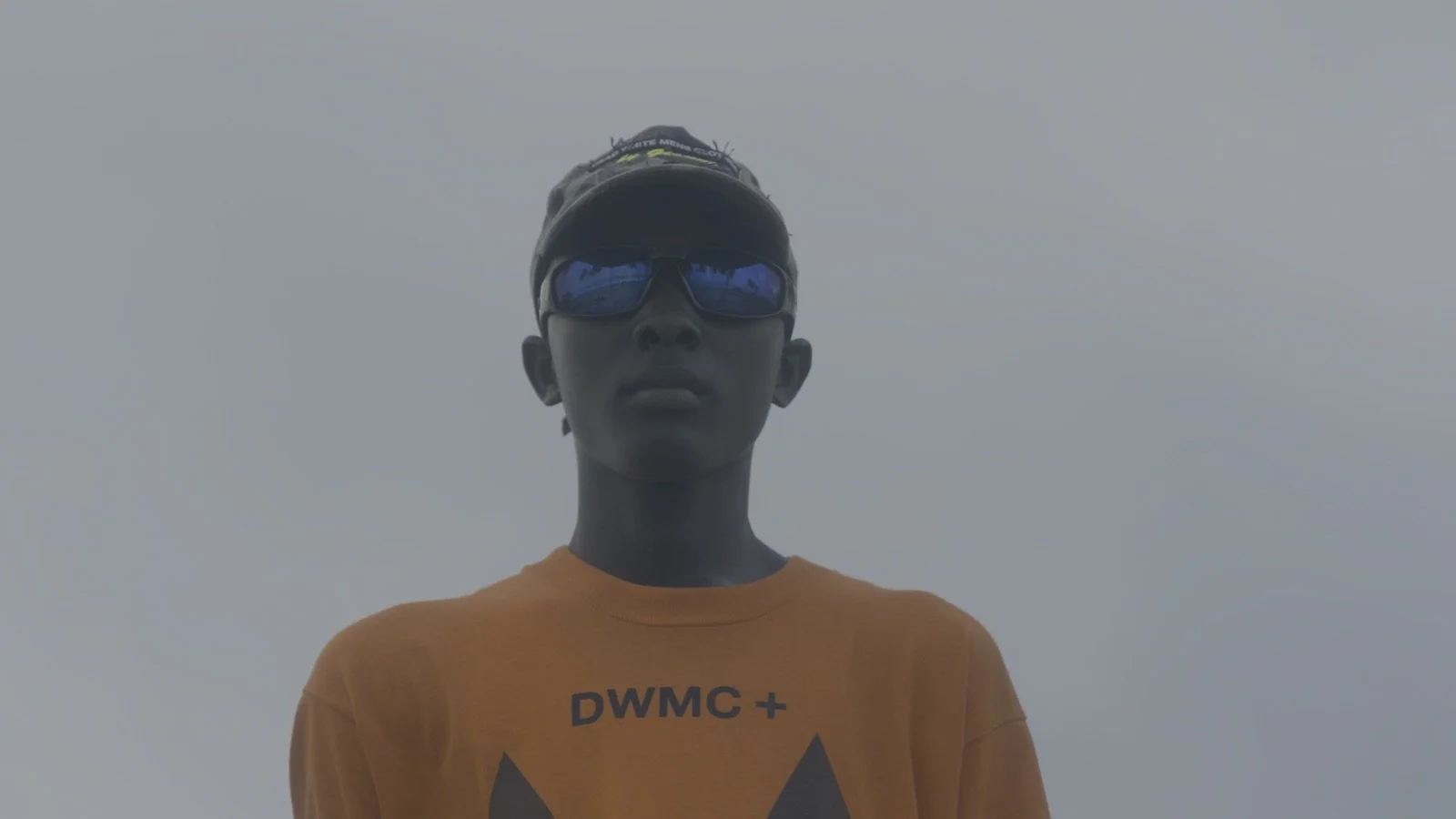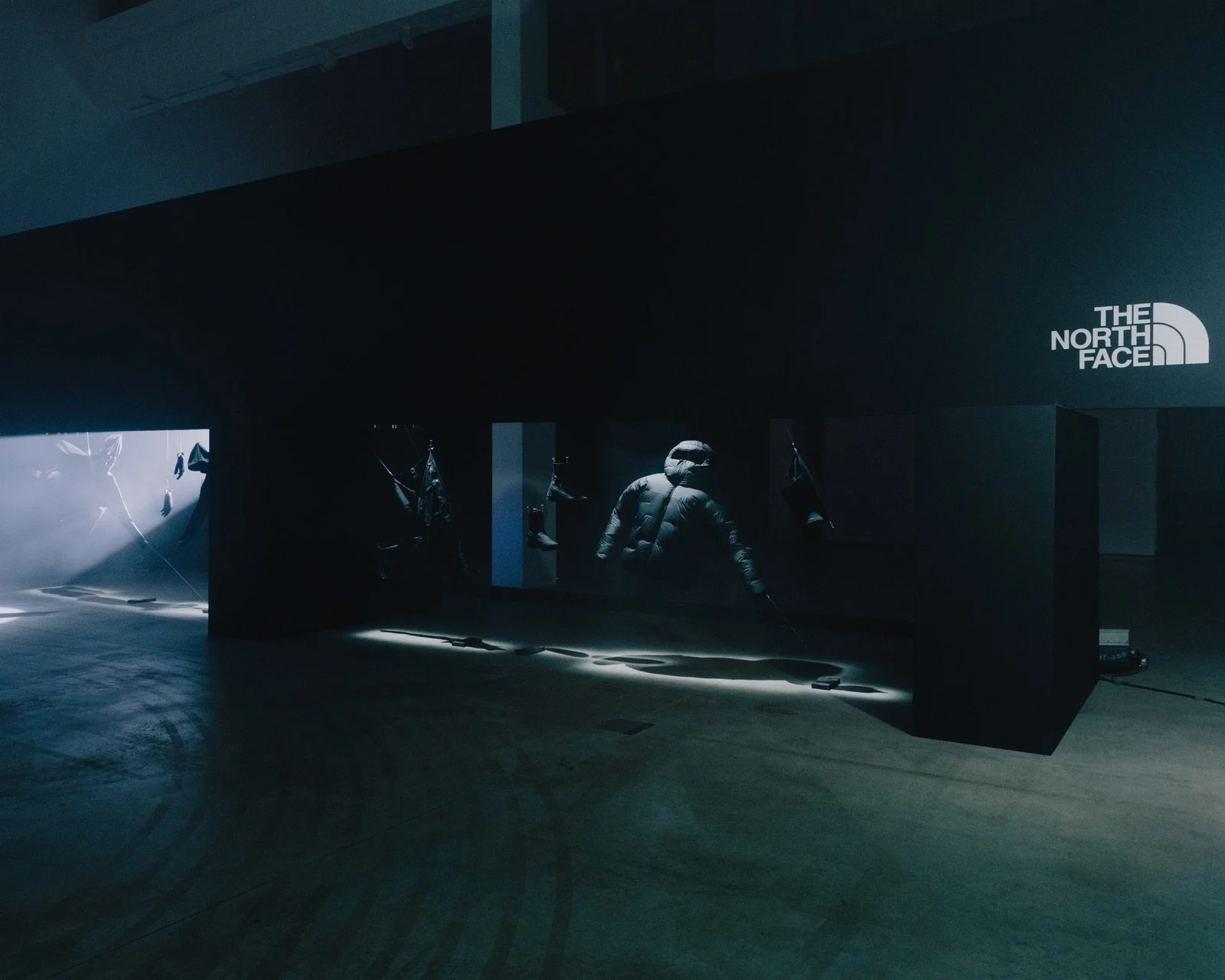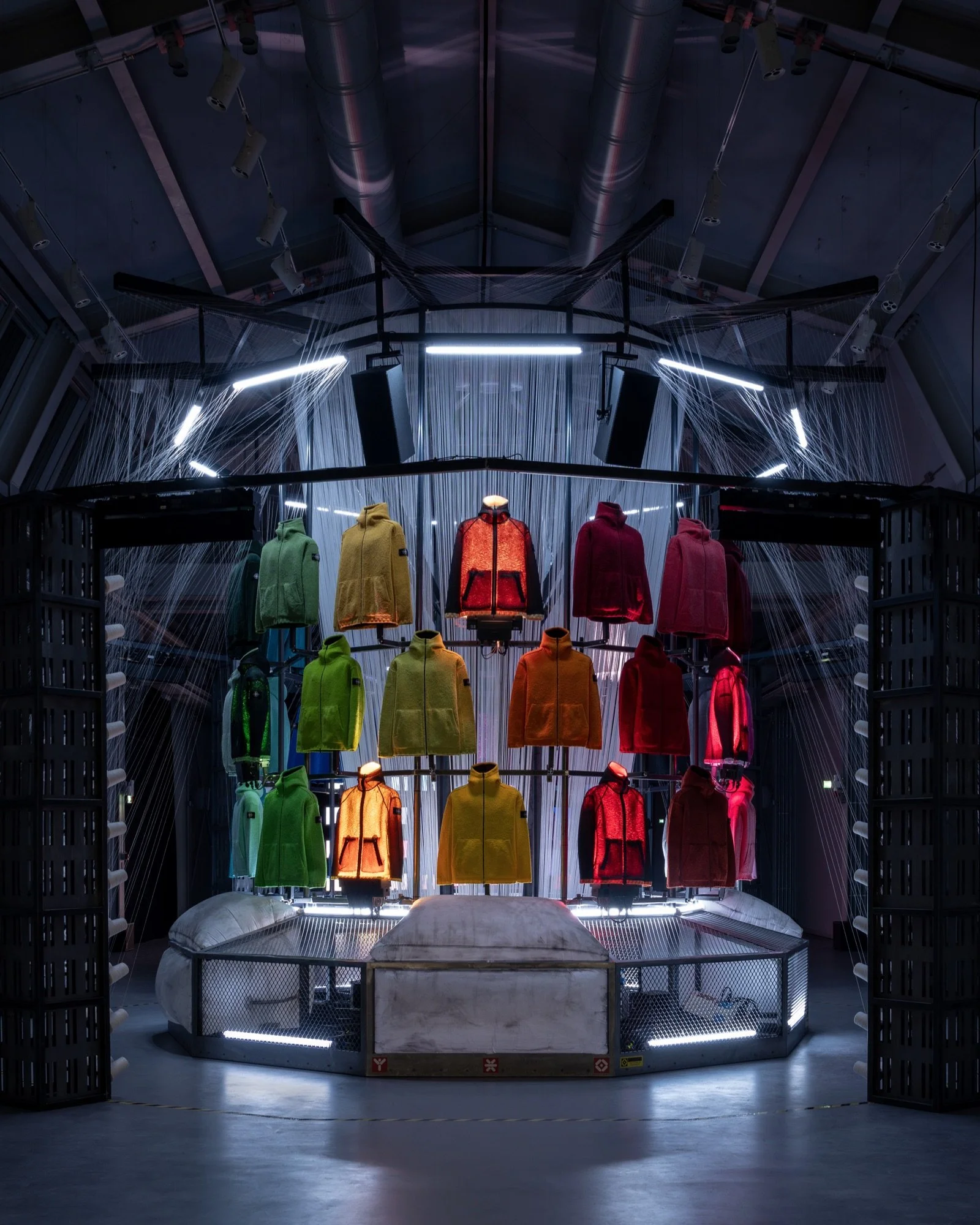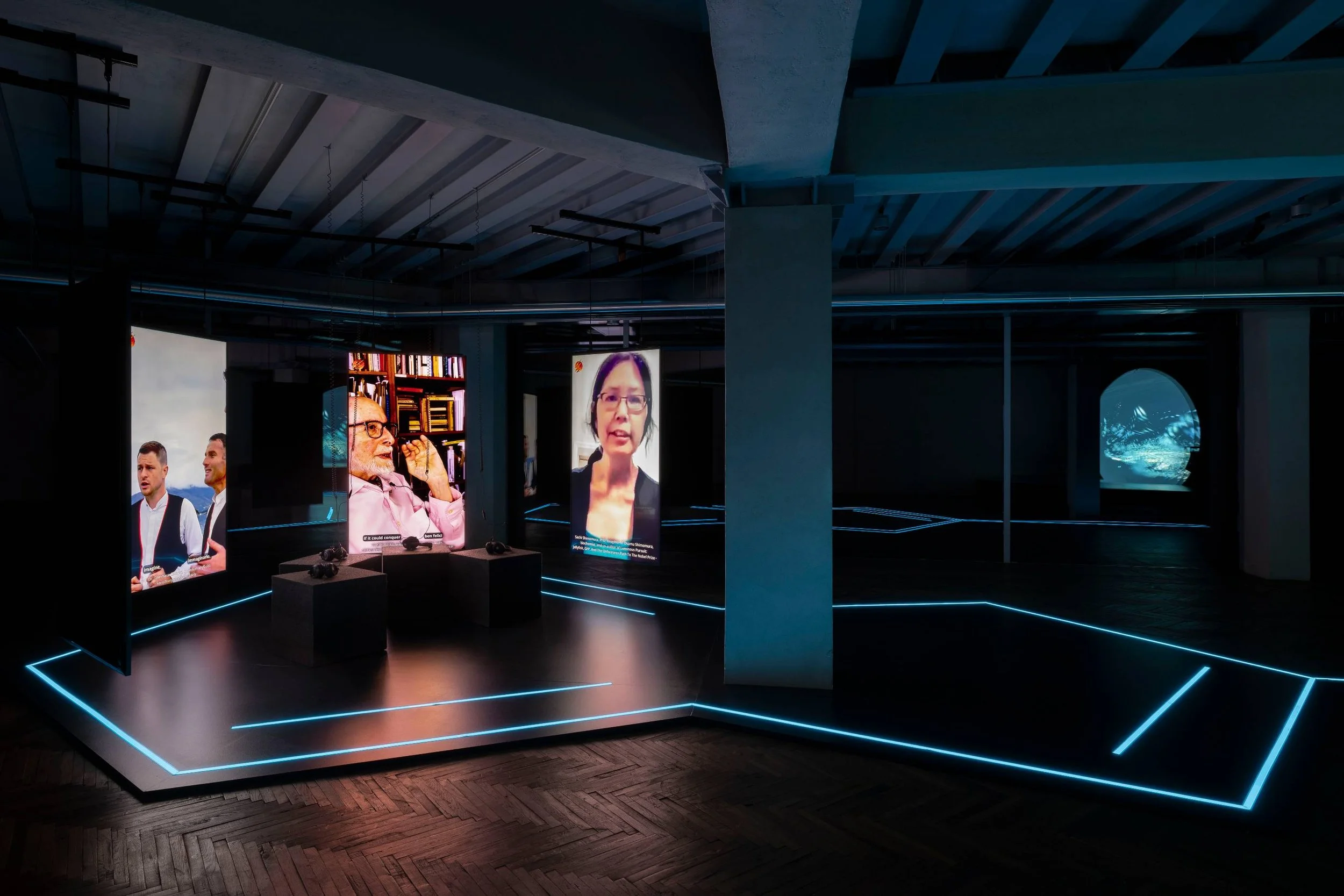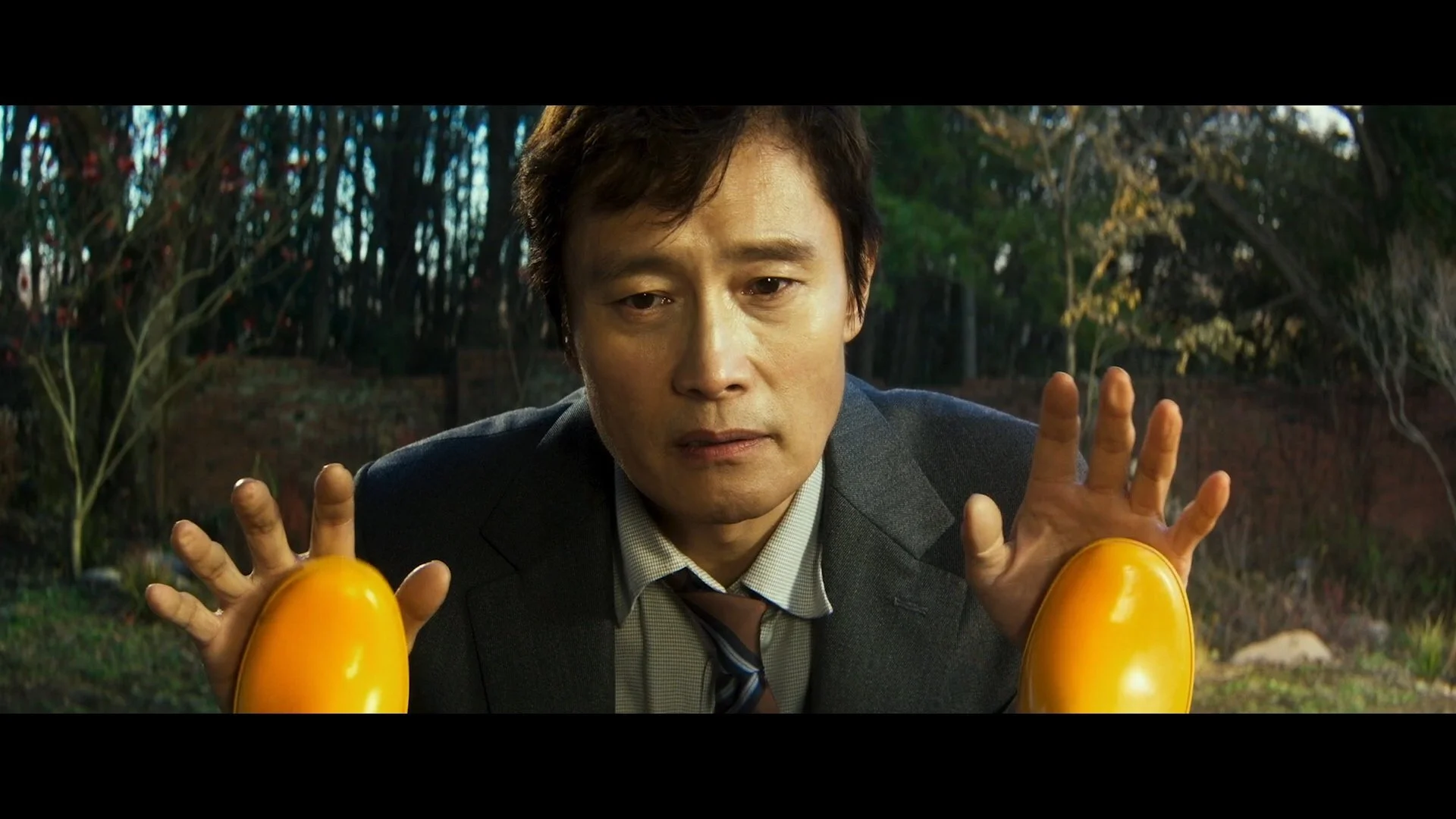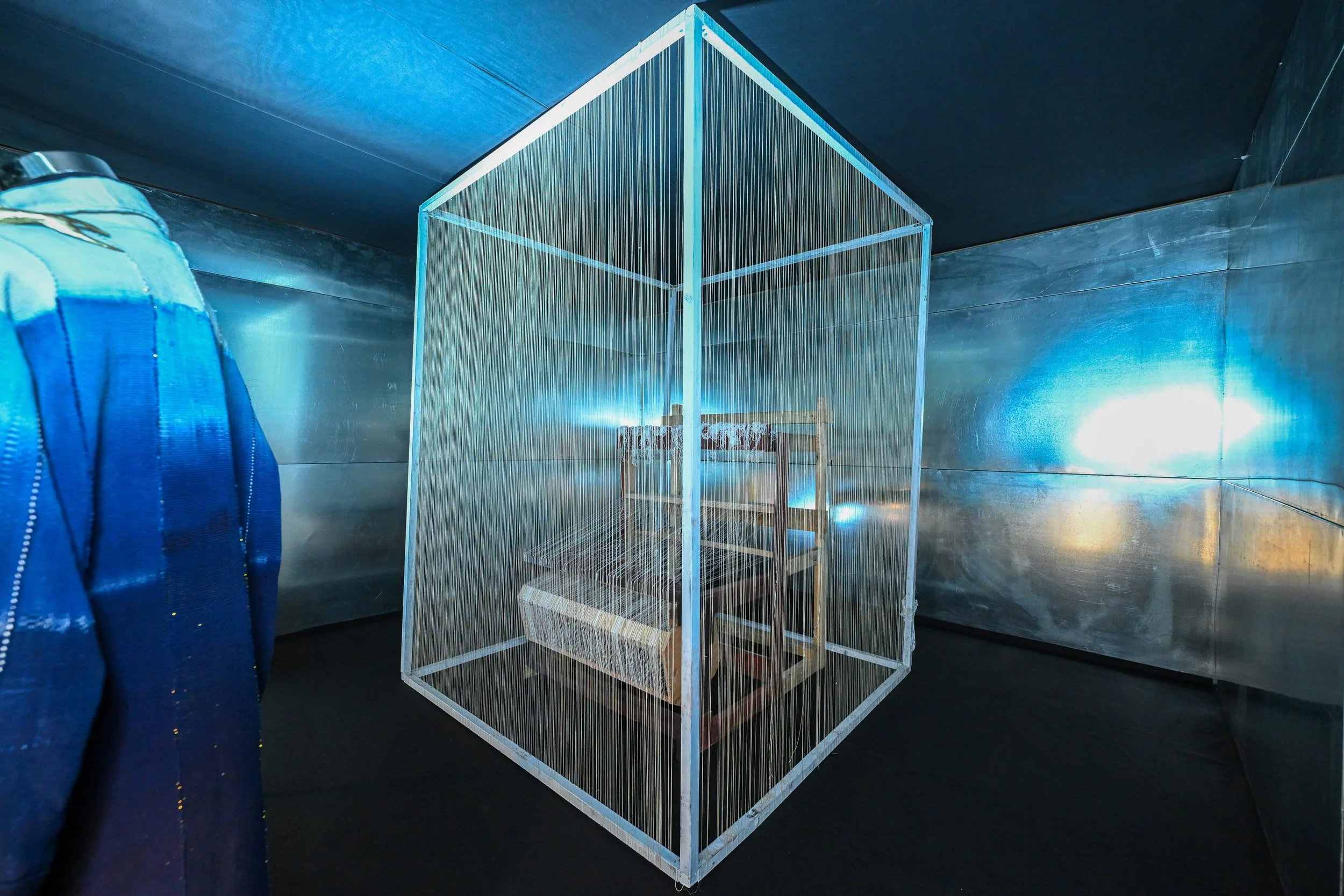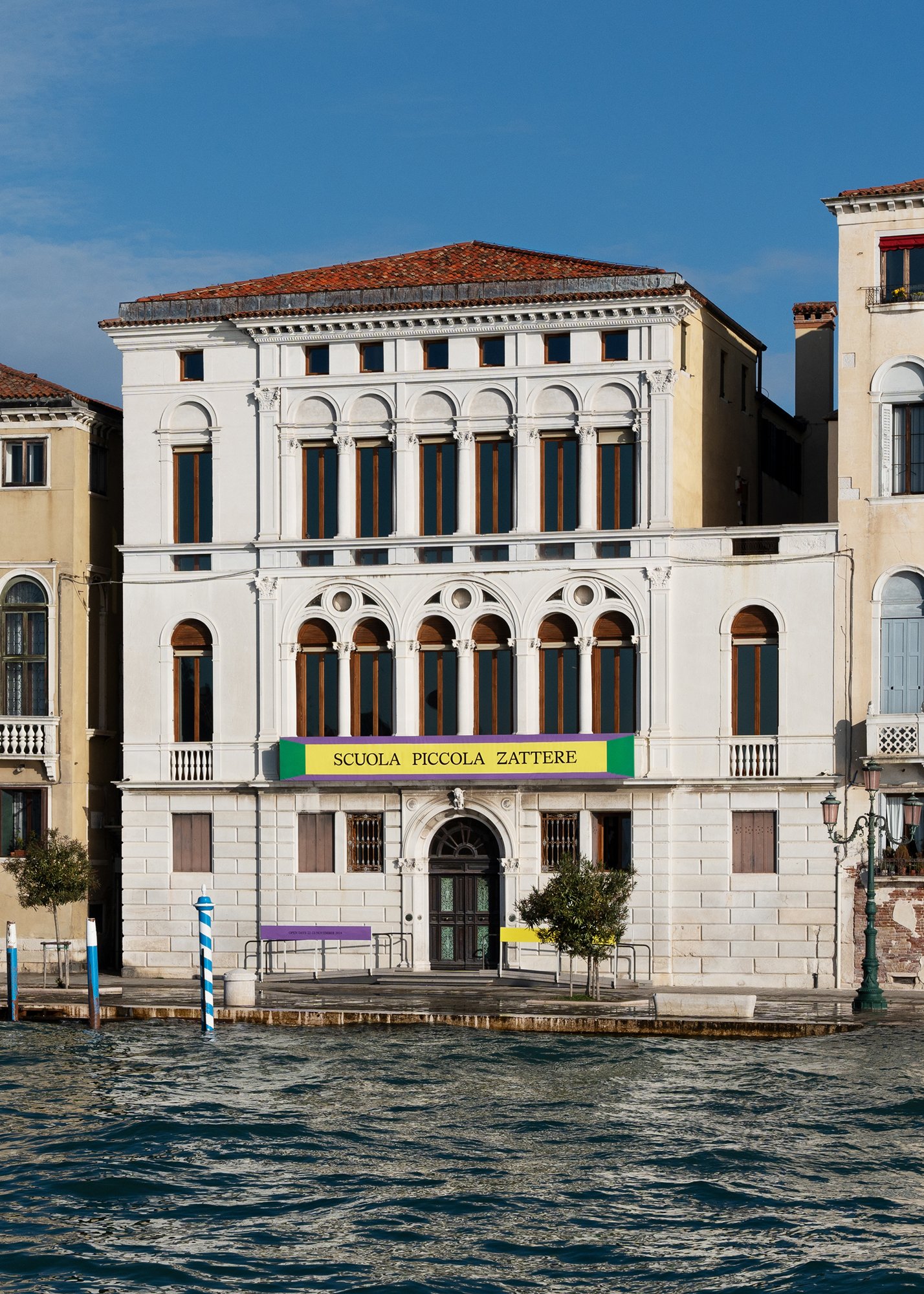At Berlin, designers remembered what innovation means: looking backward to move forward. Upcycled waste, moving bodies, childhood nostalgia. Fashion became ritual again.
Open Reel Ensemble
Magnetic tape as ritual, error as presence, sound as language. Open Reel Ensemble transforms obsolete machines into instruments of the Magnetik Punk parallel world.
Lidia Russkova-Hasaya
Lidia externalises internal states through environments designed to be entered, inhabited, and sensed. Her installations often manifest as portals, chambers, or post-geographic spaces.
CAKE By Ben Raz at Boulding Gallery
Bolding Gallery presents CAKE by Ben Raz, opening in their Marleybone Gallery at Alfie’s Antiques Market this Saturday 7 February.
An interview with NEXT GEN-Jury Sven Marquardt on PLATTE Berlin
PLATTE Berlin becomes a platform where Sven Marquardt’s jury perspective values material truth, photographic thinking, and designers who speak both to the street and to the gallery.
5th INTERVENTION by REFERENCE STUDIOS
INTERVENTION V returns to Berlin on February 2nd. Kraftwerk Berlin hosts runway presentations, TED's first fashion salon, and four days of cultural programming across the city.
Mona Hatoum at Fondazione Prada
Three installations by Mona Hatoum inhabit the Cisterna's former distillery tanks. Glass spheres form webs and maps; a metallic grid collapses and rises. Beauty conceals danger. Reality becomes questionable.
C.P. Company’s Metropolis Series Fall/Winter 026 Collection
C.P. Company builds urban wear as infrastructure. Nano Titanium and Micro-Tek fabrics form protective layers between body and city. Functional design meets technical precision in Fall/Winter 026.
Kayla Trillgore "HYPERRREAL"
From the edges of music genres to cross-media experimentation, Kayla Trillgore turns the liminal into a multifaceted exploration of technology and desire, unfolding her research piece by piece towards her new EP, NEWMETAFLESH.
Prototypes FW26
Laura Beham and Callum Pidgeon reconstruct deadstock into rigorous silhouettes. The Fall Winter 2026 collection utilizes archived silks and military surplus, favoring anonymity and deliberate, floor-length tailoring over trends.
Francesco Pacelli
Francesco Pacelli, born in Perugia in 1988, is a contemporary artist based in Milan. He began his career as a designer. In his solo exhibition Nessun Boato, curated by Anni Wu at Limbo Contemporary and inaugurated on January 20, he catapults us into a dimension suspended between cosmic finitude and imagination.
Jojo Gronostay
Documenting the waste of the fashion industry artist Jojo Gronostay makes us rethink our relationship to clothes, waste and value.
The North Face Advanced Mountain Kit Black Edition
The North Face introduces Summit Series Advanced Mountain Kit Black Edition, a precise system for extreme terrain, built for darkness, risk.
Boris Acket
Boris Acket plays God by programming synthetic thunderstorms, designing systems that operate beyond his control.
Stone Island Prototype Research_Series 09
Stone Island Prototype Research_Series 09 treats knitwear as a testing ground, where lamination, colour, and structure meet under conditions of extreme precision.
"The Island" Exhibition by Hito Steyerl at Osservatorio Fondazione Prada
Steyerl turns the Osservatorio into a place of reflection on how we survive crisis. Through film and quantum logic, she looks at a world where deep history meets our digital future.
Sophia Stel
Rooted in instinct and adaptation rather than strategy, Sophia Stel’s music captures the quiet weight of everyday moments, the ones that slip by if you’re not looking closely enough.
‘No Other Choice’ by Park Chan-wook
Cyclically, for the past fifteen to ten years, Korea has returned to Western theaters to confront the theme of capitalism with the excess that distinguishes its cinema. In 2025–26, Park Chan-wook, born in 1963, returns to the screen with a forceful film about the role of work.
ORUN: Memory, Structure, Transmission
As a rare ray of sunshine in the darkness of European winter, ORUN hosted their ‘Heirs of Greatness day’ and ‘Heirs of Greatness Night’ to showcase independent African designers, a film screening of ‘Build to Outlast Time’ and an immersive dinner, in Casablanca.
Scuola Piccola Zattere
We visited Scuola Piccola Zattere in Venice, in the Dorsoduro district overlooking the Giudecca Canal, on the occasion of the opening of R.S.V.P. Résonnez, S’il Vous Plaît, a group exhibition open from 21 November 2025 to 6 April 2026. Here’s a look at our visit to Scuola Piccola Zattere, its fellowships, exhibitions, and the restaurant housed within the building.

